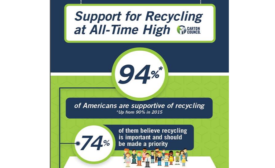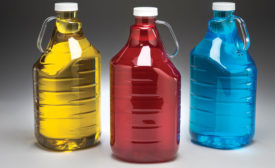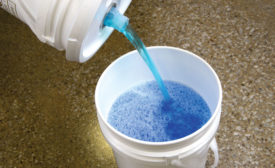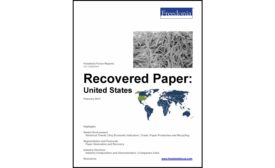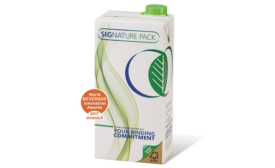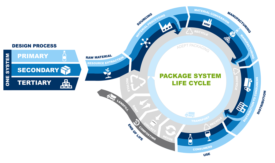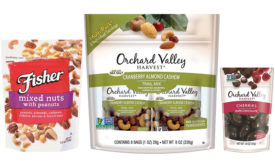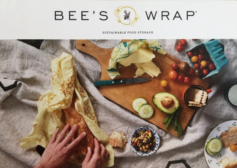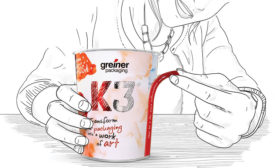Home » recyclable materials
Articles Tagged with ''recyclable materials''
Materials Technology: Rigid Packaging
Pack to the Future with Rigid Packaging
Rigid plastic containers are making a comeback—and should continue to do so in the foreseeable future.
January 15, 2018
Market Trends: Household Packaging
Put the power in household packaging
Products in sleek new packaging made for convenience will have consumers wanting to get outdoors.
December 20, 2017
Materials Technology
Is flexible packaging growth at a stand-still?
Not quite; opportunities are still to be found in the segment.
May 12, 2017
Materials Technology: Labels
With labels, it's all about messaging
Labels speak volumes about your brand.
April 12, 2017
Keep the info flowing with our eNewsletters!
Get the latest industry updates tailored your way.
JOIN TODAY!Copyright ©2025. All Rights Reserved BNP Media.
Design, CMS, Hosting & Web Development :: ePublishing


